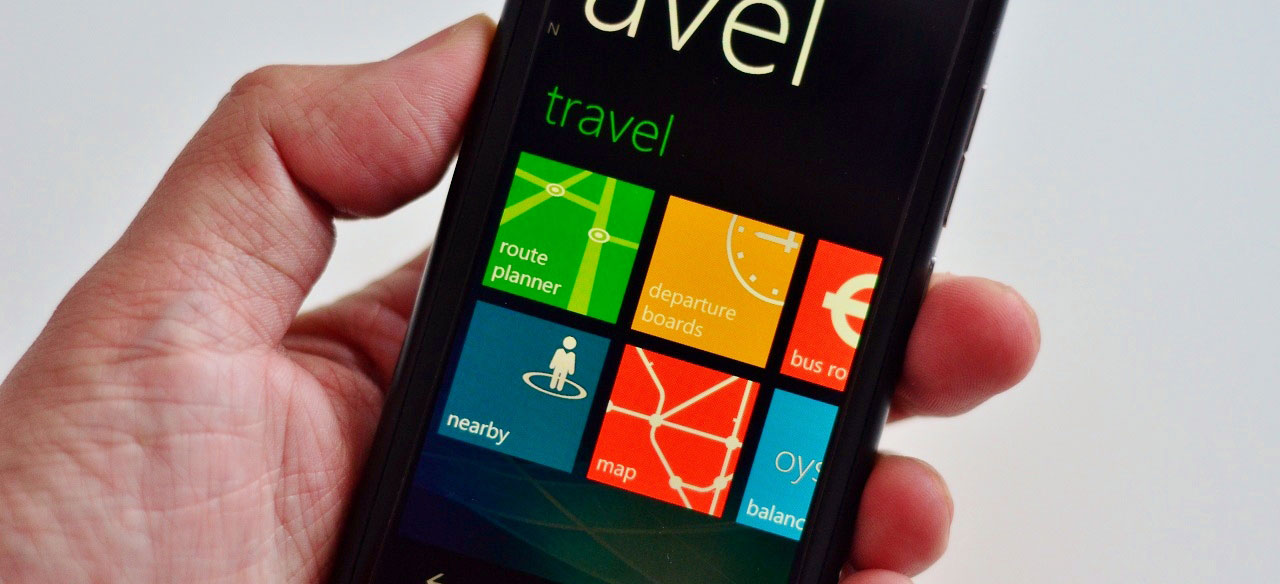Early Movers Can Cement Significant Advantage by Personalizing the Travel Journey, According to a New Report by BCG and Facebook
BOSTON, MA–(Marketwired – Jun 19, 2014) – Although it was one of the first industries to be disrupted by digital commerce, travel and tourism has been slow to embrace the opportunities offered by mobile technology, according to Travel Goes Mobile, a new report by The Boston Consulting Group and Facebook.
This reticence has left the playing field wide open for early movers. Those that miss the shift will find catching up increasingly difficult once consumers’ patterns of behavior and relationships with mobile apps and the companies behind them solidify.
“Early movers in travel, especially those companies that design successful mobile apps, have the opportunity to establish lasting advantage,” said Jason Guggenheim, a BCG partner and coauthor of the report. “For many travel suppliers, this means an opportunity to strengthen or reestablish customer relationships that have been eroded by online intermediaries. For intermediaries, it means rethinking their offerings to protect the positions they have established on the PC. Winners will need to understand their customers’ mobile-usage trends, tailor their marketing, and even adapt their operating models accordingly.”
Estimates of the number of apps installed on the average smartphone vary, depending on who is doing the counting, but they range from about 25 to about 40. So far, only a few travel-company apps are used regularly by a significant share of consumers. Most travel companies have converted fewer than 20 percent of their PC customers to mobile-app usage, and no travel app has established itself as the go-to resource on more than 2 percent of smartphones.
The report argues that the biggest opportunity for travel companies is to cement relationships with customers — especially a company’s best, high-value customers — by offering them truly personalized service and experience. Mobile apps generate information related to usage, searching, time of use, location of use, spending, preferences, friends and followers, and countless other kinds of data. The more a travel company engages customers through mobile devices, the more information it can synthesize to personalize messages and the in-app customer experience. This information can also be used to segment the company’s best customers on the basis of frequency of use and expenditure, among other criteria, including their current location, time of day, and status.
“The tools and capabilities available to travel companies continue to expand as digital and mobile technologies improve,” Lee McCabe, global head of travel strategy at Facebook and a report coauthor, said. “This paper reveals the extraordinary role mobile technology can and will continue to play in travel and the tremendous value it can add to travel companies and travelers’ experiences. Sophisticated apps, combined with rich data and targeting capabilities, allow for personalized marketing at scale. The ability to perfectly time and tailor messages on the basis of rich data is very powerful from a business standpoint — for both brand- and direct-response-related objectives.”
The single log-in functionality offered by Facebook, for example, enables seamless movement among apps, eliminating the need to log in for each visit. Innovations such as app install ads, conversion ads, and deep links further simplify moving among multiple apps, which is great for the user and generates tremendous data for marketers.
The report points out that mobile “gatekeepers” have the power and sophistication to vastly augment travel companies’ own data-collection and analysis efforts with the vast amount of consumer information they manage. The biggest gatekeepers today are the device manufacturers and the companies behind the main mobile-operating systems and app stores, app-to-app marketers, and social networks and messaging app operators. The top three — Facebook, Google, and Apple — currently account for half of total app usage.
The report argues that, in terms of apps, travel companies want their customers to do three things: discover and download their apps, engage with them at multiple stages of the travel journey, and find the experience so simple, satisfying, and useful that they want to come back and use the apps again — to the exclusion of other available travel apps.
This means that travel companies need to design apps with functionality that customers — especially high-value customers — prize and that other travel companies cannot match, market the app effectively for both ease of installation and engagement, experiment and bring out new functionality quickly to keep the app fresh and make it more useful, and make the experience more personal over time.
To download a copy of the report, please go to www.bcgperspectives.com.
To arrange an interview with one of the authors, please contact Eric Gregoire at +1 617 850 3783 or [email protected].
About The Boston Consulting Group
The Boston Consulting Group (BCG) is a global management consulting firm and the world’s leading advisor on business strategy. We partner with clients from the private, public, and not-for-profit sectors in all regions to identify their highest-value opportunities, address their most critical challenges, and transform their enterprises. Our customized approach combines deep insight into the dynamics of companies and markets with close collaboration at all levels of the client organization. This ensures that our clients achieve sustainable competitive advantage, build more capable organizations, and secure lasting results. Founded in 1963, BCG is a private company with 81 offices in 45 countries. For more information, please visit bcg.com.


